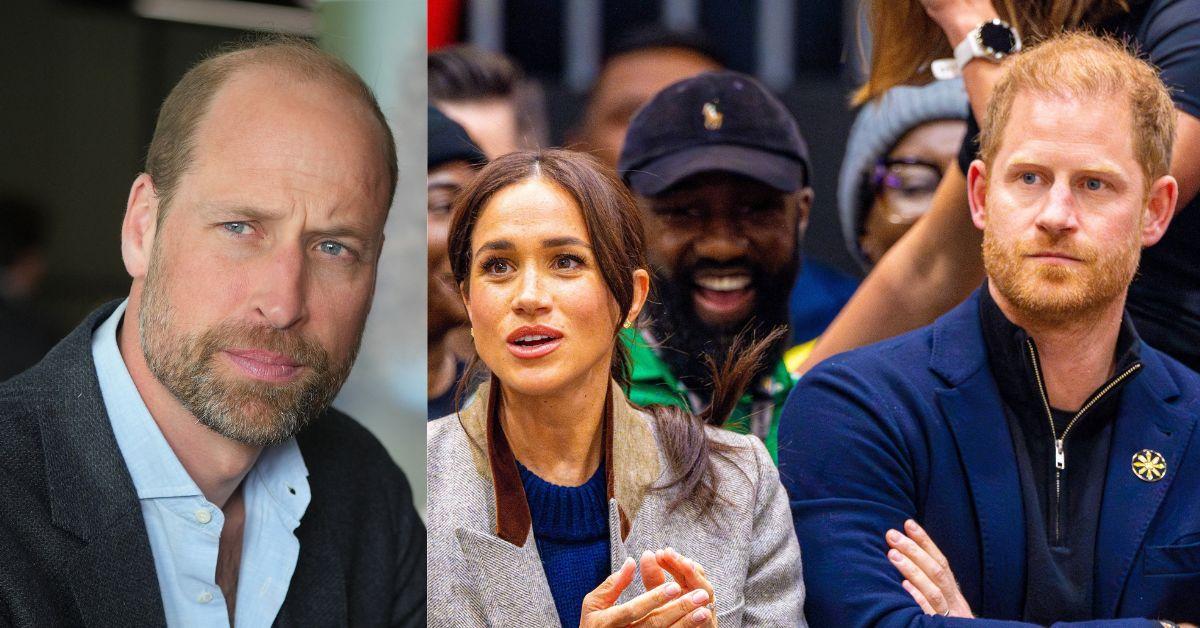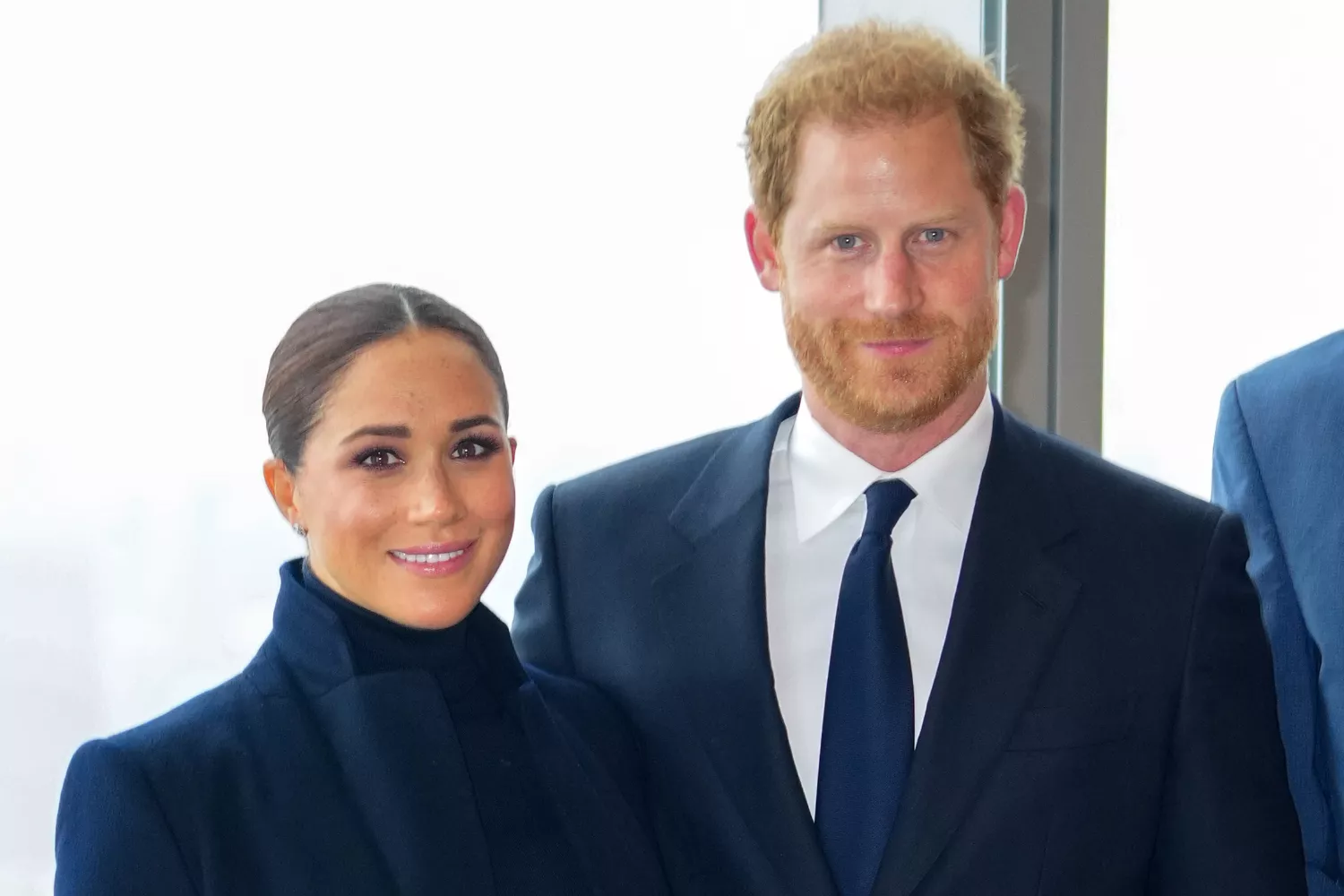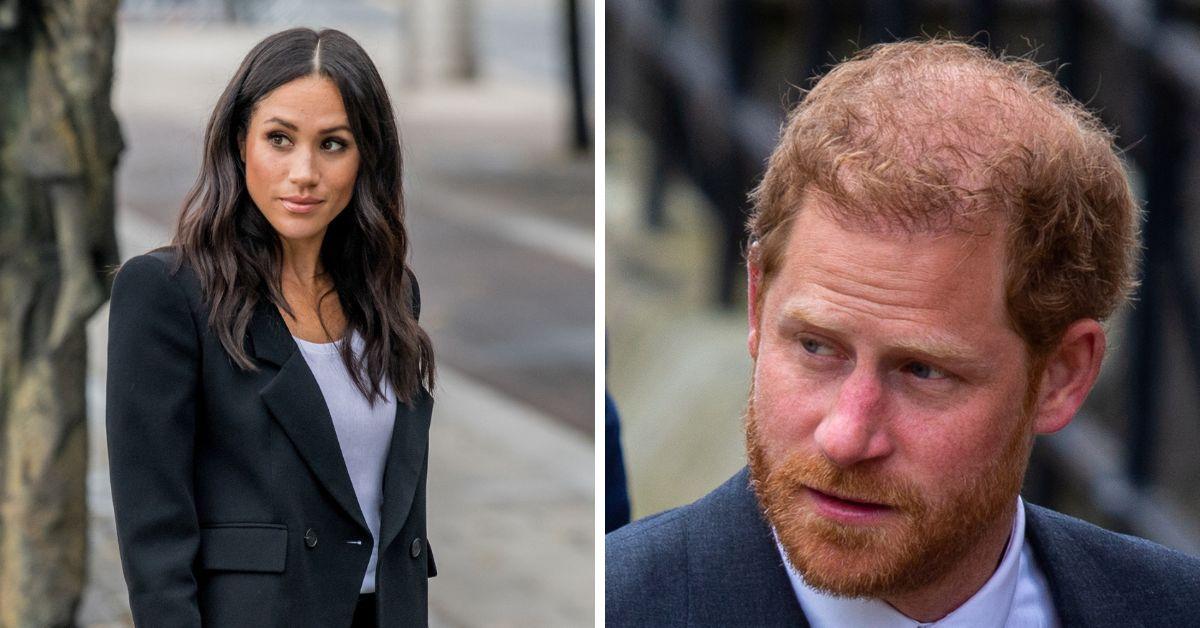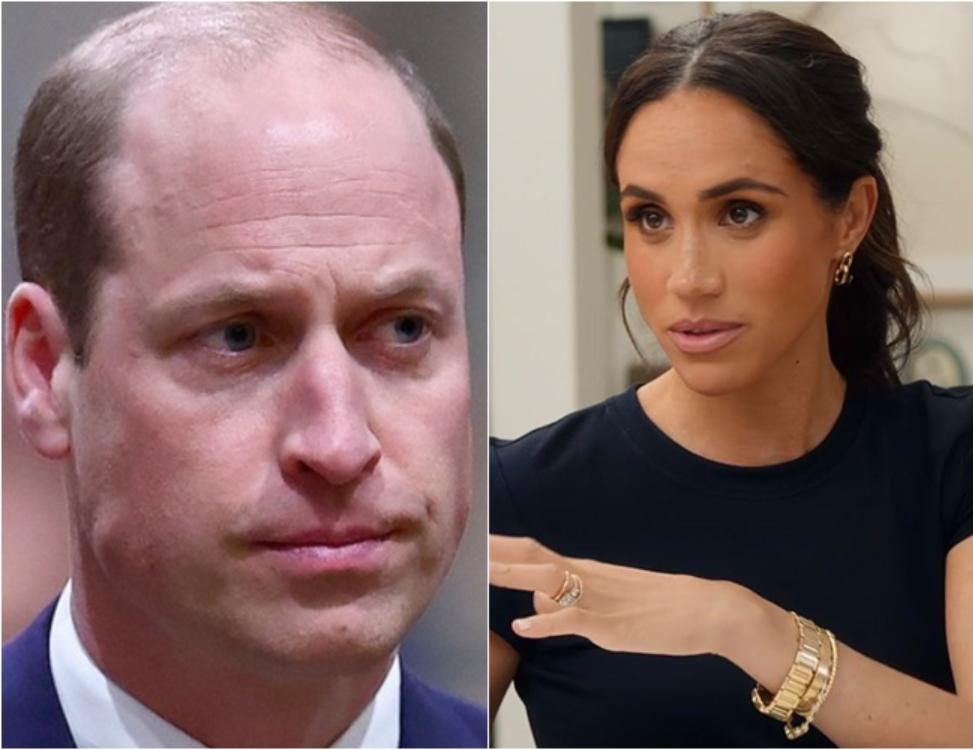The relationship between the British royal family and the Duke and Duchess of Sussex continues to evolve under intense public and media scrutiny. Recent coverage has reignited interest in the royal titles debate and the role of public appearances and interviews in shaping public opinion.
This article takes a fact-based look at the current state of affairs between Prince William, Prince Harry, and Meghan Markle, providing context, verified sources, and historical background—without speculative claims or inflammatory language.
Public Attention Shifts After Interview Featuring Meghan Markle
In April, while Prince Louis, the youngest son of Prince William and Princess Catherine, celebrated his birthday with an official family photo and widespread public goodwill, Meghan Markle appeared in a surprise interview.
In the interview, the Duchess of Sussex reflected on motherhood, parenting values, and her hopes for her son, Archie Harrison Mountbatten-Windsor, who turned five in May. She touched on topics including education, global awareness, and family values.
While Meghan did not reference the royal family or the birthday celebration of Prince Louis directly, the timing of her media appearance led to an array of reactions online and in the press.
According to coverage by BBC News, The Guardian, and People Magazine, royal family events tend to generate heightened media interest, and any parallel public activity by other family members—particularly Harry and Meghan—often draws scrutiny, whether intentional or coincidental.

Social Media and Public Reactions
Following the release of Meghan’s interview, public response was mixed. Some social media users and tabloid headlines suggested the appearance detracted from Prince Louis’s birthday celebrations. Others argued that media comparisons unfairly frame Meghan’s appearances as controversial, even when she is simply sharing her experiences as a mother and advocate.
Piers Morgan, a longtime critic of the Sussexes, voiced strong opposition in a post on X (formerly Twitter), while some publications highlighted the broader public fatigue surrounding perceived royal tensions.
However, prominent figures such as journalist Afua Hirsch and commentators at The Independent noted that Meghan’s interview content was focused on personal development and parenting, rather than royal matters.

The Debate Around Royal Titles: What Is Known?
The speculation about Prince William seeking to remove the royal titles of Harry and Meghan—the Duke and Duchess of Sussex—has resurfaced in certain media outlets, including tabloid publications. However, as of this writing, no official source from Buckingham Palace or Kensington Palace has confirmed any such plan.
Under British constitutional law, the authority to alter royal titles lies with the reigning monarch. According to the Letters Patent issued by King George V in 1917, and subsequent updates, King Charles III holds the power to amend or revoke titles—not Prince William.
Royal historian Robert Hardman, in his book Charles III: The New King, emphasized that such decisions are “infrequent, complex, and highly sensitive.” Stripping a member of the royal family of their title is not a step taken lightly and typically requires a formal statement from the monarch or legislation by Parliament, as seen historically in the Titles Deprivation Act 1917.
To date, Harry and Meghan retain their Duke and Duchess titles, although they no longer use His/Her Royal Highness (HRH) in an official capacity, following their 2020 step back from working royal duties—a decision clarified on the official royal.uk website.

The Royal Family’s Public Silence
True to tradition, the British royal family has not responded publicly to media coverage or social media commentary surrounding Meghan’s interview. This approach is consistent with the long-standing royal policy of “never complain, never explain.”
According to The Royal Household’s Media Centre, royal responses to personal family matters are typically withheld unless constitutional or public duties are involved.
Public Opinion and the Role of the Media
Media coverage of the Duke and Duchess of Sussex has been a topic of academic and public interest. Studies from institutions like Oxford University’s Reuters Institute for the Study of Journalism have analyzed how media framing, especially by British tabloids, often influences public perception of Harry and Meghan, with headlines focusing on conflict narratives.
Meanwhile, polling data from YouGov UK in 2024 shows a continued division in public opinion. Younger audiences tend to view Meghan and Harry more favorably, especially in the U.S., where they have focused on philanthropic work and media projects through their company, Archewell Productions.

Meghan’s Right to Share Her Story
Supporters argue that Meghan Markle, like any public figure, has the right to share personal reflections and experiences. Her recent media appearance included discussions on parenting, children’s rights, and community engagement—topics consistent with her public advocacy since becoming a royal.
In previous appearances, such as her 2022 keynote at the One Young World Summit and her involvement with World Central Kitchen, Meghan has emphasized empowerment, equity, and service—principles echoed in her interview.
Critics of the interview have pointed to the timing, but no evidence suggests the appearance was intended to interfere with royal celebrations. Media organizations, not Meghan herself, choose when to publish content, and delays or overlaps are often coincidental.

Where Does the Royal Relationship Stand?
The relationship between the Sussexes and the rest of the royal family remains largely private. However, in recent months, reports from The Times, BBC, and ITV suggest that communication between King Charles III and Prince Harry has been ongoing, particularly after King Charles’s cancer diagnosis, announced earlier in 2024.
Though the Duke and Duchess of Sussex are not active working members of the royal family, they have expressed continued support for various causes, including military veterans, early childhood education, and mental health awareness.
Final Thoughts: A Need for Nuance
Public interest in the royal family remains high, but it is essential to distinguish between factual reporting and media speculation. The British monarchy, by nature, operates within a framework of tradition and discretion. That often leaves space for rumors to flourish, especially on social platforms.
The key takeaway is that no official plan has been confirmed to remove Prince Harry and Meghan Markle’s titles, and Meghan’s recent interview has not been officially criticized by any palace source.
For now, the focus remains on the continued evolution of royal roles, the Sussexes’ life in the U.S., and how modern media continues to influence the monarchy’s image in the 21st century.
Verified Sources:
- BBC News
- The Royal Household
- The Guardian
- Reuters Institute for the Study of Journalism
- YouGov UK
- Parkinson’s Foundation
- People Magazine
- Oxford University Press – Robert Hardman
- Archewell
